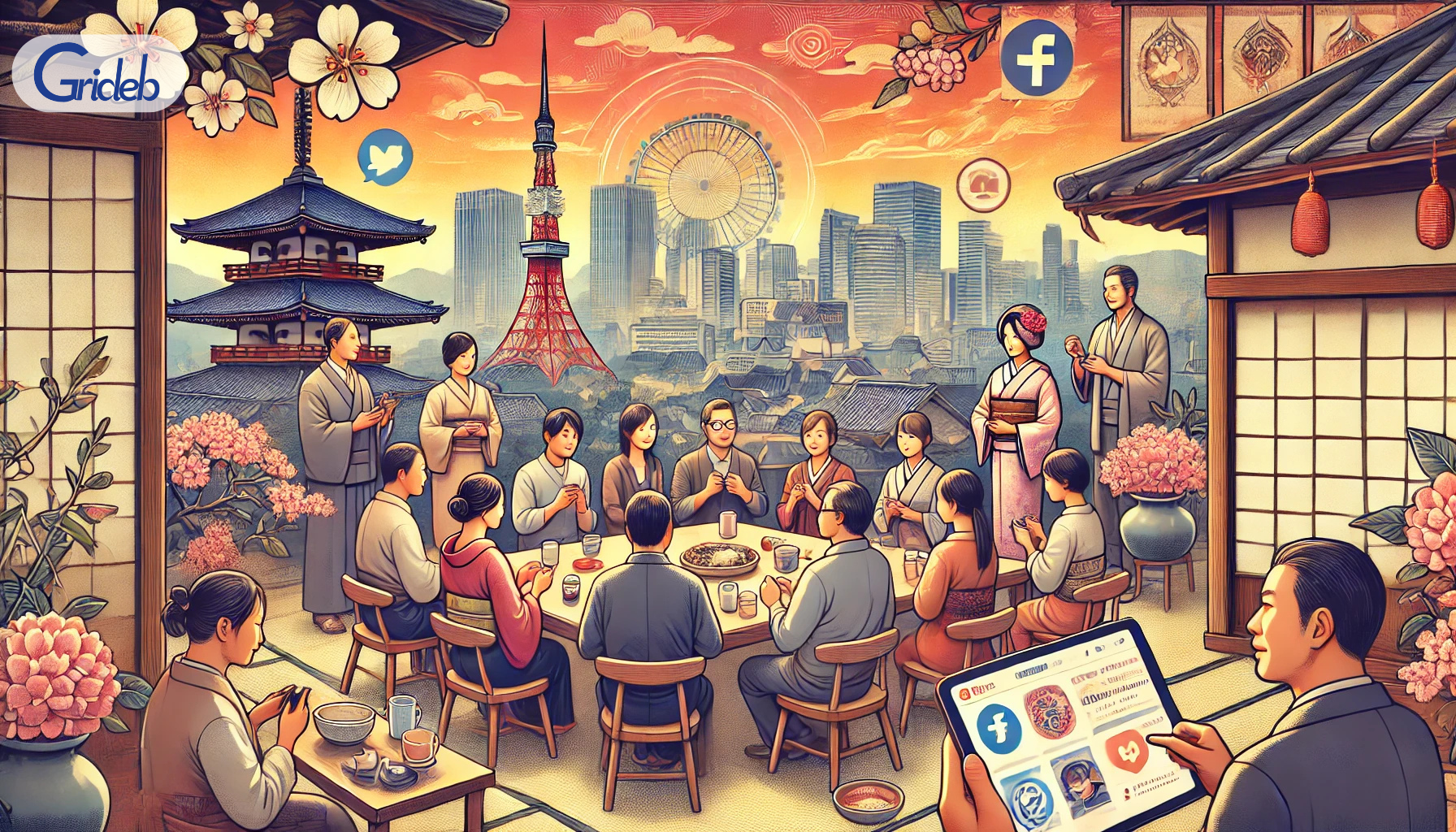Exploring Japan's Multi-Level Marketing Boom: A Cultural Perspective

Exploring Japan's Multi-Level Marketing Boom: A Cultural Perspective
Japan's entry into multi-level marketing (MLM) is a captivating story of adaptation and growth. It began in the 1970s when American companies like Amway introduced direct selling methods. By the 1980s, Japanese businesses not only embraced this model but also tailored it to fit their unique cultural context. This led to a thriving MLM industry that continues to flourish today.
A Foundation Built on Trust
At the heart of Japan’s success in MLM is a strong cultural emphasis on trust and personal relationships. Japanese consumers are inclined to rely on recommendations from family and friends, making them more receptive to the personal endorsements that are fundamental to MLM. When people trust the suggestions of those close to them, they are more likely to try new products.
Additionally, Japan’s community-oriented mindset fosters collaboration among distributors. This spirit of cooperation creates an environment where everyone supports each other, enhancing overall success. In a society where community bonds are vital, MLM feels like a natural extension of social interactions.
Quality Matters
Japanese consumers are known for their high standards and discerning tastes, which shapes their purchasing decisions. As a result, MLM companies in Japan focus on offering quality products. This commitment to excellence builds brand loyalty and helps establish trust with consumers. If a product fails to meet expectations, it’s unlikely to succeed in such a competitive market.
Innovative product development also plays a critical role. Japanese MLM companies often tailor their products to meet local preferences. For instance, skincare and health supplements designed to address specific needs have gained immense popularity. Consumers are more inclined to return for repeat purchases when they see products that resonate with their lifestyles and concerns.
Investing in Education
Training and education are essential in the MLM landscape. Many companies invest heavily in equipping their distributors with the skills and knowledge needed to thrive. For example, Amway Japan provides extensive training resources that help members become more effective salespeople. A well-informed sales force leads to better customer service and increased sales, making education a crucial investment for MLM companies.
Embracing Technology
The digital age has significantly transformed the MLM industry. Japanese companies increasingly incorporate digital tools and social media into their strategies, allowing distributors to reach broader audiences. This tech-savvy approach helps connect with potential customers in innovative ways. In today's competitive market, embracing technology not only enhances operational efficiency but also expands reach and customer engagement.
Market Growth and Economic Impact
As of 2021, Japan’s direct selling market was valued at approximately $3.3 billion, making it the second-largest in Asia after China. The industry has shown remarkable growth, with a 5% increase in sales from the previous year, showcasing its resilience even amid economic challenges. With over 1.5 million individuals engaged in direct selling activities, MLM contributes significantly to the economy by providing employment opportunities and income.
A Diverse Product Landscape
The success of MLM in Japan can be attributed to a diverse range of product categories, including health supplements, beauty products, and household goods. This variety allows distributors to cater to various consumer needs and preferences. Strong brands like Amway Japan and Herbalife have cultivated loyal customer bases through effective marketing strategies and community engagement, translating into repeat purchases and sustained growth.
Regulatory Framework
Japan has established a strong regulatory framework governing direct selling practices, ensuring transparency and fairness. This regulatory environment builds consumer trust and confidence in MLM businesses. Regulations help protect consumers from potential fraud and ensure that companies operate ethically, further enhancing the credibility of the industry.
Competitive Landscape
The presence of robust competitors in the MLM space fosters an environment of innovation and improvement. Companies are motivated to enhance their products and marketing strategies to stand out. This competitive spirit ultimately benefits consumers, who enjoy a wider array of quality products and services.
Conclusion
Japan's success in the MLM industry serves as a compelling example of how cultural values, a commitment to quality, and effective use of technology can drive growth. By prioritizing trust, community, and education, Japanese MLM companies have carved out a significant niche in the global marketplace. For countries looking to develop their MLM sectors, Japan stands as an inspiring model, highlighting the importance of understanding local culture and consumer preferences. Embracing these principles can unlock the potential of direct selling and foster growth in diverse markets around the world. As the MLM landscape continues to evolve, Japan’s experiences offer valuable lessons for the future.